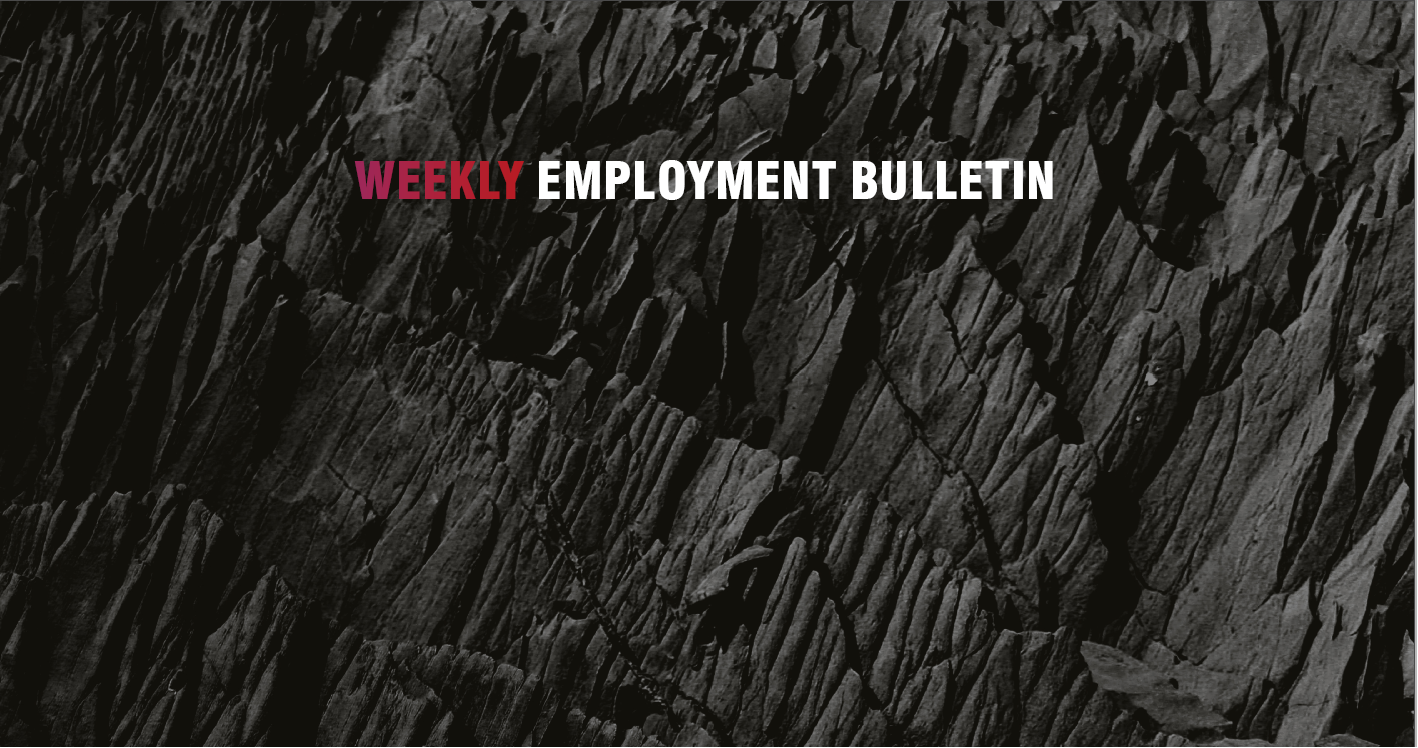by Sophie Clarke
9 April 2024
In this case, the Employment Appeal Tribunal (EAT) determined that in a whistleblowing claim, it is necessary for the decision-maker to possess a level of awareness regarding the substance of the employee’s complaints or expressed concerns for an employer to be held liable for any dismissal or detriment that follows.
Mr Nicol was employed as Vice President of Communications and PR by the World Travel and Tourism Council. He raised concerns about the President and CEO of WTCC in an email sent to two HR consultants. Shortly after, further concerns were raised by other members of staff. The President and CEO was told about the complaints made by the individuals about her management style but not the specifics of the complaints.
Soon after, Mr Nicol’s employment was terminated by reason of redundancy. Mr Nicol brought claims for unfair dismissal and detriment due to whistleblowing. Mr Nichol claimed that the real reason he was dismissed was because he had made protected disclosures to WTTC.
WTTC defended the claim on the basis that the person who dismissed Mr Nicol (the President and CEO) did not know the specifics of the disclosures that Mr Nicol had made. The tribunal dismissed Mr Nichol’s claim, and said that for the disclosure to hold weight, the decision maker must have been made aware of some detail regarding its content.
Mr Nicol appealed. He complained (amongst other things) that the tribunal applied an inappropriate approach to the level of knowledge the decision maker had. Mr Nicol argued that as long as the protected disclosure had been made to the HR consultants, and the President and CEO knew that a disclosure had been made, she did not need to know the details of what had been disclosed.
The EAT dismissed the appeal and upheld the tribunal’s decision. It concluded that an employer needed to know at least some of the nature and content of the disclosure that had been made in order to be accountable for any subsequent detriment. Mere awareness of a disclosure is not enough for liability to pass.
This ruling establishes that in a whistleblowing case, the decision-maker must possess some understanding of the content of the disclosure to be held liable for automatically unfair dismissal or detriment.
The Employment Team at EMW are on hand should you require any help/advice. If you would like to speak to one of the team, please see our contact details below.
Speak with us

